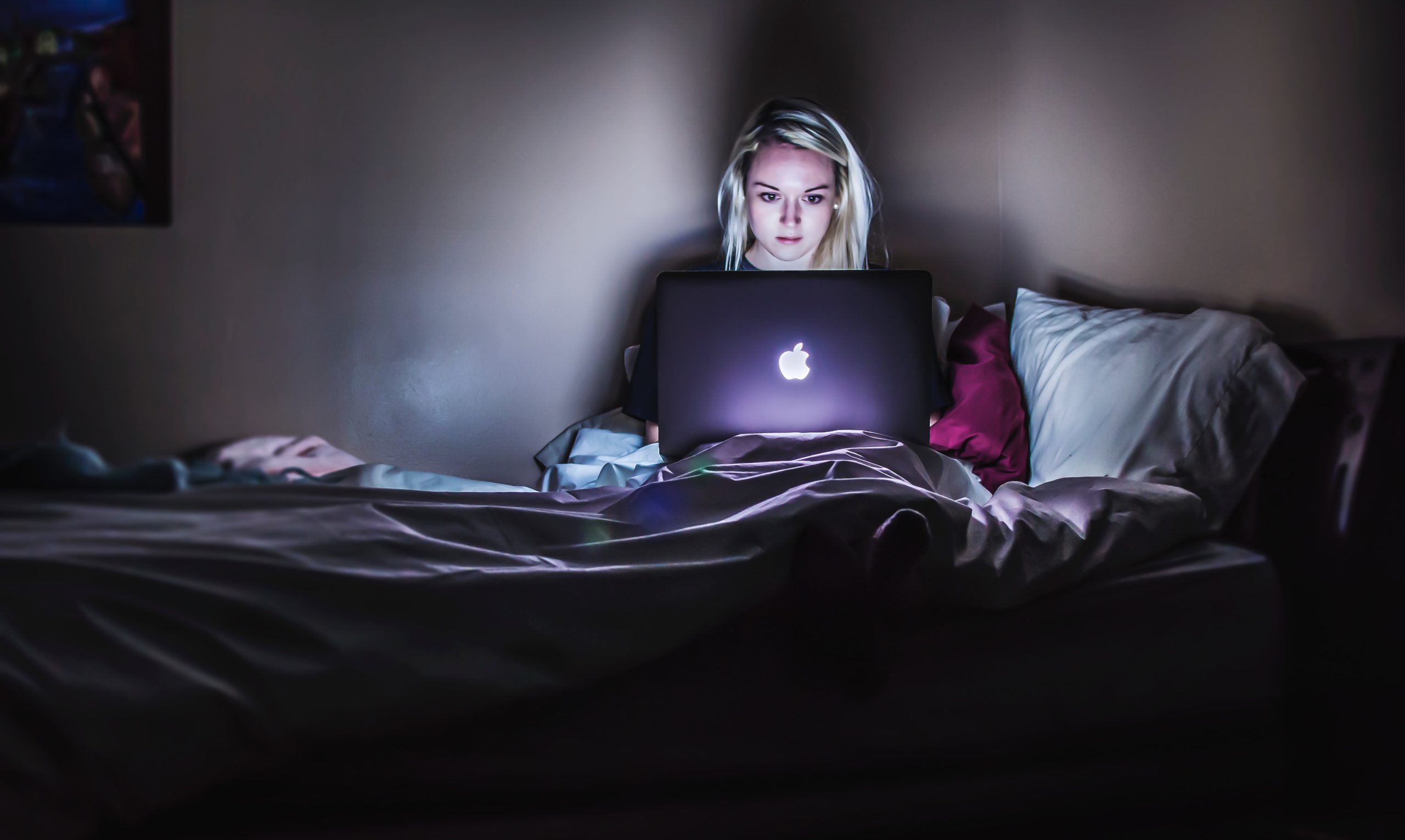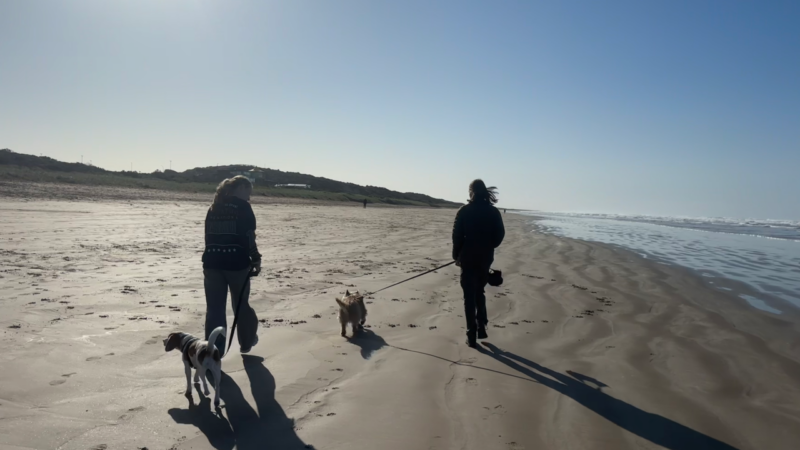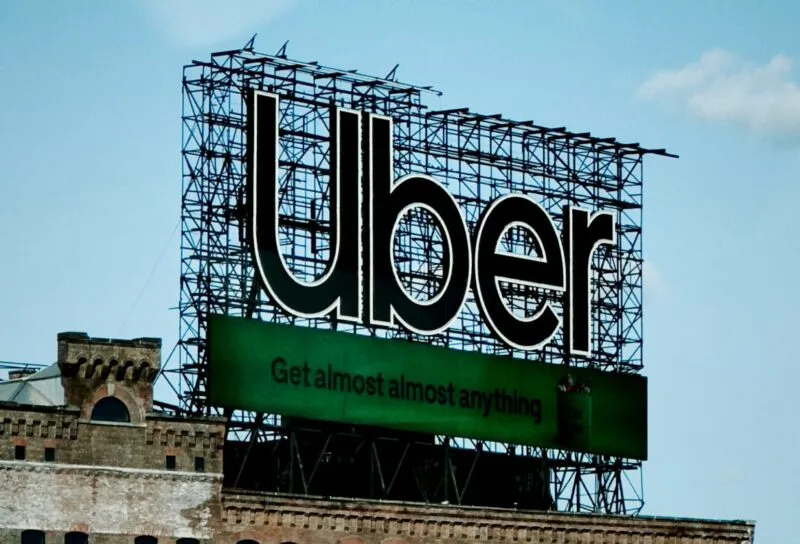Cancel Culture and social media as the new stage for public shaming
In medieval times public shaming was a common place deterrent used against future crimes – with humiliation regularly utilised over prison sentences. Onlookers would delight in watching as their neighbours were secured into the stocks, dunked into a lake while strapped to a chair or forced into ‘scold’s bridles’ to prevent them from speaking.
Those practices have thankfully been relegated to the pages of history, but with the rise of social media in the early 2000s, society has found new ways to ostracise people for perceived bad behaviour.
It’s a phenomenon that has spawned its own name ‘cancel culture’, with its etymology found in popular culture through a 1981 Chic song, Your Love is Cancelled. That song then inspired screenwriter Barry Michael Cooper to include a reference to a woman being “cancelled” in the 1991 film New Jack City – with the phrase being adopted into African-American Vernacular English (AAVE) before it eventually became more common.
In his 2015 book, So You’ve Been Publicly Shamed, British journalist Jon Ronson writes, “…with social media, we’ve created a stage for constant artificial high drama. Every day a new person emerges as a magnificent hero or a sickening villain. It’s all very sweeping, and not the way we actually are as people.”
Cancel Culture as a concept really started to take off in the mid-2010s as swathes of fans took to social media to call on the community to boycott certain celebrities over problematic comments or behaviours. The advent of #MeToo intensified things as industries like film and music faced a reckoning for the abuse of women and non-binary people – with victims taking to social media to call out perpetrators on a global stage.
It’s here that the complicated dichotomy of cancel culture arrives. For victims of abuse and mistreatment, social media is a place to connect with other survivors, warn the community of serial offenders and tell their story. But in the court of social media public opinion, incidents of grave abuse are being judged alongside human error and differences of opinion – with the punishments just as severe.
In 2017 Sudanese-Australian media presenter and writer, Yassmin Abdel-Magied woke up on ANZAC Day and decided she wanted to post something on social media to mark the solemn occasion. She started with “Lest We Forget”, but then added, “(Manus, Nauru, Syria, Palestine…)” as a way to show she was engaging with the intention of the day.
In an article posted by The Age, Abdel-Magied explained, “I wanted to show that, okay, lest we forget. What else shouldn’t we forget? Lest we forget lives lost. What other lives should we also not forget about? I was trying to show that I was connecting with the spirit of the day [in a manner] that was deep and meaningful and nuanced.”
Despite quickly deleting the post and issuing an apology, the response from the public was swift and brutal, with senior politicians calling for her to be deported and sacked from her part-time ABC gig, and death threats and doxing (publishing of private or identifying information online) forcing Abdel-Magied to move house and change her number. She lost jobs and eventually chose to flee the country in order to start again without the weight of an entire nation’s disapproval pulling her down.
It’s a retribution that continues to haunt Abdel-Magied, with the activist telling The Age in May, “Oh yeah, it (Australia) expelled me and it was cruel, and it was cruel in a way it didn’t need to be… I really loved that country, and it broke my heart.”
In an essay posted to her substack, Diasporian Diaries in January 2021, Abdel-Magied wrote, “I am not interested in a world where misunderstandings, critiques and mistakes are collapsed in the same bucket as institutional and systemic injustice. We – and I start with myself – must consider, design and practice better ways of holding each other to account and learn to tailor the methods of accountability for who we are dealing with.”
In a society with always evolving public platforms to voice your opinions, and the advent of parasocial relationships (a one-sided relationship that a media user engages in with a media persona), public figures and common folk alike have been forced to reflect on free speech in the public realm.
Musician Nick Cave was recently asked about his thoughts around free speech and whether it is a right through his newsletter, The Red Hand Files – where fans write in their questions for the Australian rocker to respond to.
He responded, “To be able to speak freely is not only a benefit to oneself, by making us feel less alone, it is also a barometer of the health of our society, just as intolerance to opposing ideas indicates a feebleness or lack of confidence in one’s own thoughts and the ideas of our society. I support free speech, not so much because I think it is a right, but rather because it goes someway to validate our specialness. I am genuinely concerned by its alternative, the fearful flattening of ideas through the suppression of our individual natures…”
It’s a topic the rocker has covered extensively in the past, after he received widespread condemnation for refusing to join over 600 of his peers in signing a letter to boycott performances in Israel in support of Palestine.
In other writings, Nick has stated that cancel culture’s refusal to engage with uncomfortable ideas results in the suffocation of the creative soul of a society.
“This is both the function and glory of art and ideas. A force that finds its meaning in the cancellation of these difficult ideas hampers the creative spirit of a society and strikes at the complex and diverse nature of its culture.”
It’s a sentiment shared by Jon Ronson, who in So You’ve Been Publicly Shamed, states, “We are defining the boundaries of normality by tearing apart the people outside it… we were creating a world where the smartest way to survive is to be bland.”
Or as American conservative commentator Ben Shapiro bluntly puts it in an interview with the New York Times, “Our culture is dying because we have no capacity for forgiveness or discussion.”
In July 2020 Harper’s Magazine published an open letter signed by several high-profile authors and intellectuals against growing “intolerance of opposing views, a vogue for public shaming and ostracism, and the tendency to dissolve complex policy issues in a blinding moral certainty.”
Signatories included author JK Rowling, Salman Rushdie and Margaret Atwood who called out, what the letter posed as “a new set of moral attitudes and political commitments that tend to weaken our norms of open debate and toleration of differences in favour of ideological conformity”.
The letter was met with criticism online, with many of the original signatories walking back their involvement. US Senator Brian Schatz reflected at the time that “lots of brainpower and passion is being devoted to a problem that takes a really long time to describe, and is impossible to solve, and meanwhile we have mass preventable death,” while journalist and author Glenn Greenwald pointed out that many of the signatories themselves “have behaviour in their past that reflects the censorious mentality they’re condemning here.”
So how do we move forward from here? According to activists and mediators like adrienne maree brown, generative conflict and transformative justice is one way. In her book We Will Not Cancel Us, maree brown reframes the cancel culture discussion and presents alternative ways to seek accountability.
She suggests some questions to ask ourselves before we get involved in a digital call out, including:
- Has there been any private efforts for accountability or conflict resolution?
- Are the survivors being adequately supported?
- Has the accused acknowledged what they’ve done, are they saying something different happened?
- Has the accused begun the process of taking accountability, or are they still causing harm?
- Does the accused have significantly more power than the accuser, and are they using that power to avoid accountability?
- Is the call out precise? Is the demand for accountability related to the alleged harm?
- Does it feel like we can ask questions?
- Are we being asked to rush to action? Is there enough time to make sure what’s going on and what’s possible?
- Is the only acceptable consequence to those making the call out for the accused to cease to exist?
- Does this feel performative?
Poet, activist and educator, Sonya Renee Taylor calls this practice ‘calling on’. This process calls on the source of suffering (the accused) to bear responsibility for managing their own change and transformation – a welcome antidote to mass exclusion.




